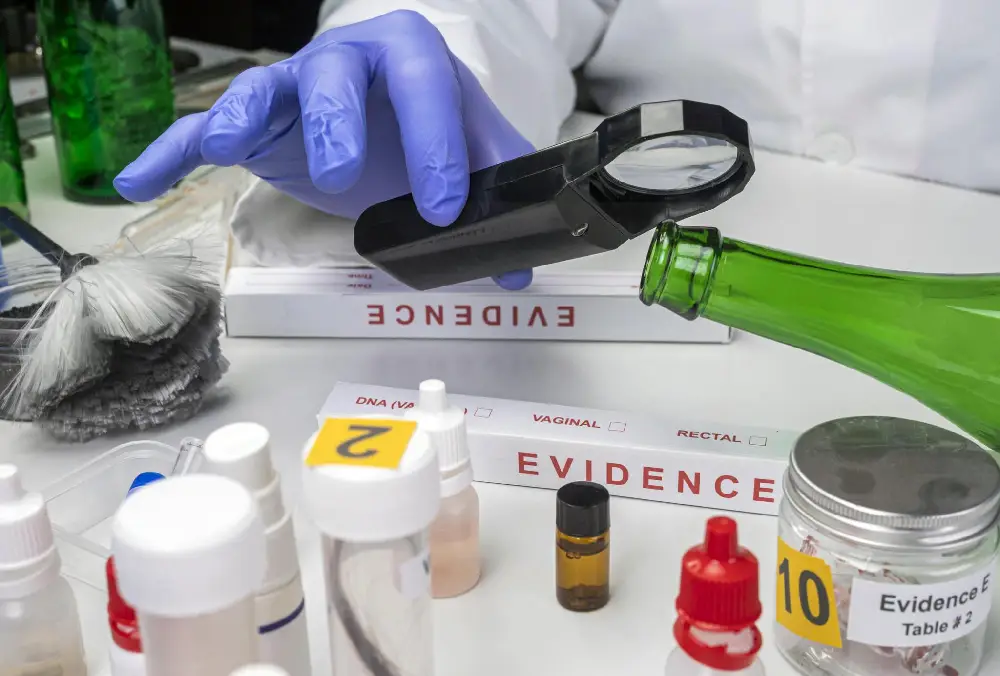Antimicrobial Stewardship Consultation

Antimicrobial stewardship (AMS) consultation refers to a specialized service provided by healthcare professionals to optimize the use of antimicrobial agents in clinical settings. The primary goal of antimicrobial stewardship is to ensure the effective treatment of infections while minimizing the development of antimicrobial resistance and reducing the risk of adverse effects.
Expert Guidance:
Antimicrobial stewardship consultations are typically conducted by a multidisciplinary team of healthcare professionals, including infectious disease specialists, pharmacists, microbiologists, and clinical pharmacists. These experts collaborate to provide guidance on the appropriate use of antimicrobial agents.
Patient-specific Recommendations:
The consultation process involves a thorough review of patient medical records, including laboratory results, clinical history, and microbiological data. Based on this information, the antimicrobial stewardship team makes patient-specific recommendations for antimicrobial therapy, including drug selection, dosing, and duration.
Education and Training:
Antimicrobial stewardship consultations often include educational components aimed at healthcare providers. This may involve providing information on the principles of antimicrobial stewardship, the importance of appropriate antibiotic use, and strategies for preventing resistance.
Data Analysis:
The team analyzes data on antimicrobial use, resistance patterns, and microbiological trends within the healthcare facility. This information helps identify areas for improvement and informs the development of targeted interventions.
Collaboration with Healthcare Teams:
Antimicrobial stewardship teams collaborate closely with other healthcare professionals, including physicians, nurses, and pharmacists, to implement recommended changes in antimicrobial therapy. Communication and collaboration are crucial for successful antimicrobial stewardship.
Monitoring and Evaluation:
Antimicrobial stewardship is an ongoing process, and consultations may involve continuous monitoring and evaluation of antimicrobial use and its impact. This helps ensure the effectiveness of interventions and allows for adjustments as needed.
The consultation process involves a thorough review of patient medical records, including laboratory results, clinical history, and microbiological data. Based on this information, the antimicrobial stewardship team makes patient-specific recommendations for antimicrobial therapy, including drug selection, dosing, and duration.
Education and Training:
Antimicrobial stewardship consultations often include educational components aimed at healthcare providers. This may involve providing information on the principles of antimicrobial stewardship, the importance of appropriate antibiotic use, and strategies for preventing resistance.
Data Analysis:
The team analyzes data on antimicrobial use, resistance patterns, and microbiological trends within the healthcare facility. This information helps identify areas for improvement and informs the development of targeted interventions.
Collaboration with Healthcare Teams:
Antimicrobial stewardship teams collaborate closely with other healthcare professionals, including physicians, nurses, and pharmacists, to implement recommended changes in antimicrobial therapy. Communication and collaboration are crucial for successful antimicrobial stewardship.
Monitoring and Evaluation:
Antimicrobial stewardship is an ongoing process, and consultations may involve continuous monitoring and evaluation of antimicrobial use and its impact. This helps ensure the effectiveness of interventions and allows for adjustments as needed.
